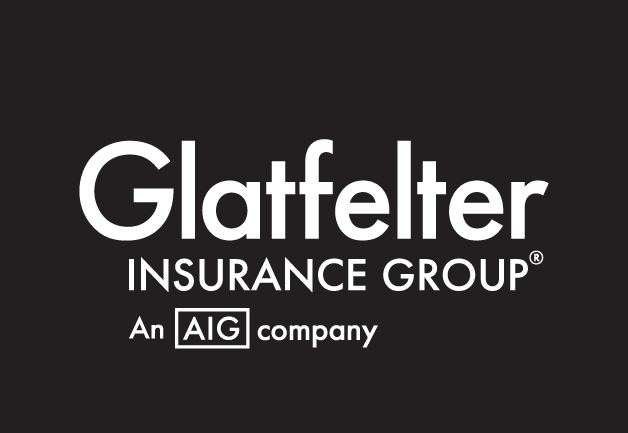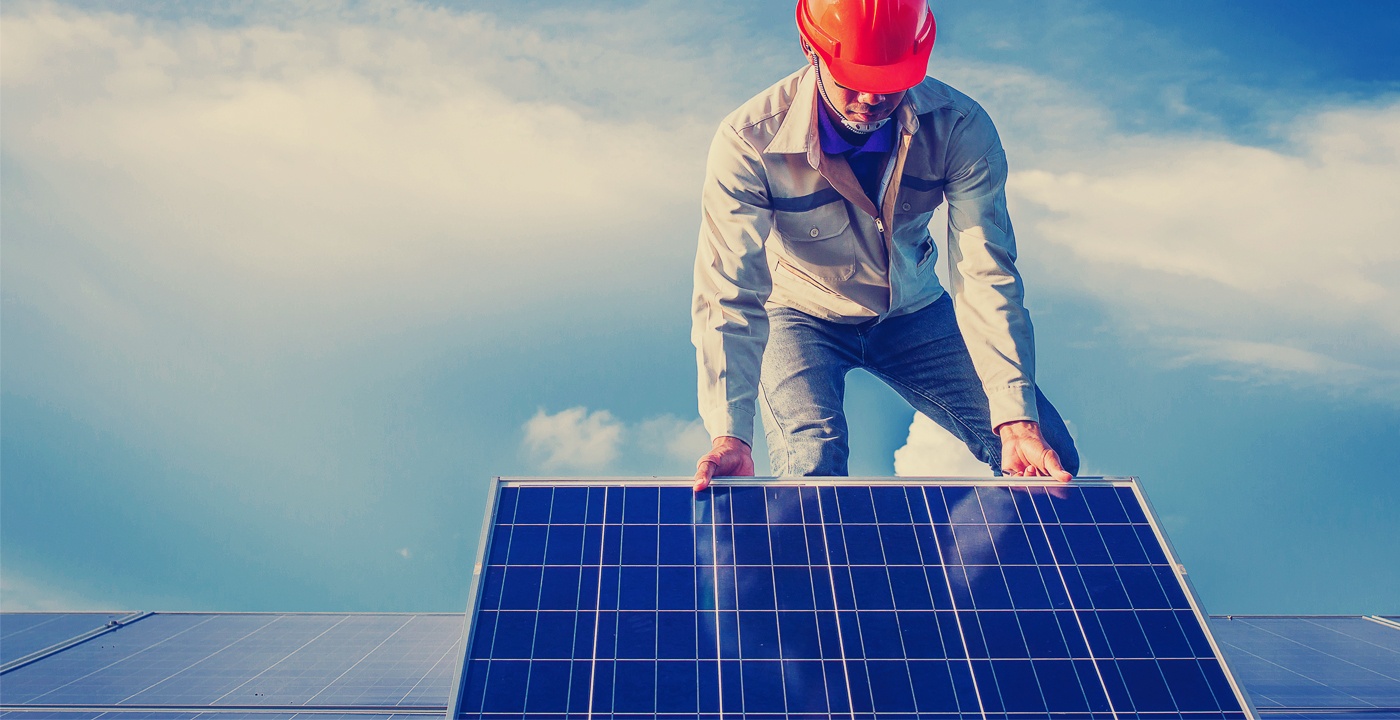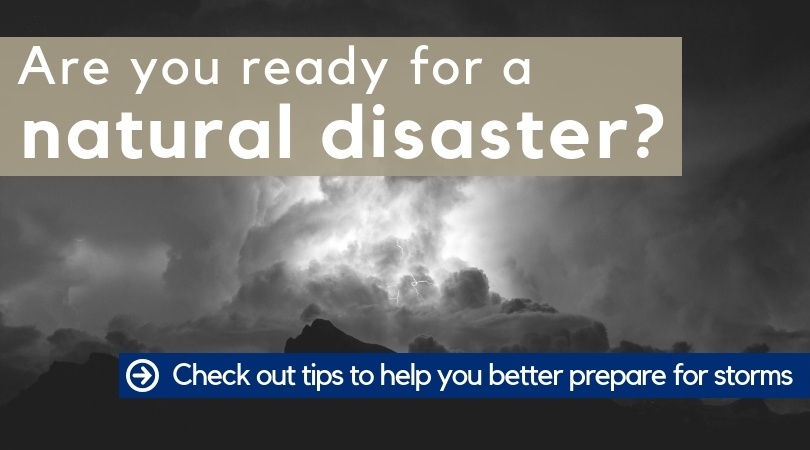Important solar panel safety considerations for public entities
The use of solar panels is increasing across the nation, and for good reason. Solar cells are electrical devices that collect energy from the sun and are able to turn it into electricity. These systems can offer great benefits to the environment, and help communities and companies save energy and money. According to the U.S. Green Building Council, commercial, governmental and personal properties with installed solar panels can experience:
- Lowered energy use
- Reduced energy costs / higher savings
- Special rebates and tax credits
- Less local pollution through use of natural energy source
Since their initial creation, solar panels have been evolving. Solar energy is no longer collected by just panels—today there are also sun lights, solar shingles and all sorts of exciting, new innovations. Although this energy saves money and benefits the environment, it comes with new safety concerns that must be considered and understood to properly protect your property.
"Many people understand the benefits that using solar panel energy provides, but they often overlook unique safety considerations associated with the modules. It's important to be aware of both." - Chief Bill Jenaway, PH.D., VFIS Vice President
As solar panel technologies continually expand, industry best practices for operating, installing, maintaining and repairing these pieces are also regularly improving. Both old and new solar panel systems present unique challenges.
To ensure that you and your employees are properly protected, consider:
- Organization-wide training efforts to help all members understand the exposures and hazards posed by solar panels
- Sharing information concerning the location of solar panels across the community, including those that may be hidden from view but on your property
- Working with a professional installer, and asking questions to understand the risks of each type of panel and the best emergency response protocol should a dangerous electrical situation arise
- Maintain and update a list of solar panel disconnect locations via mobile data terminals, CAD printouts, electronic dispatch providers, etc. to provide emergency service members if they are dispatched to assist with an equipment emergency
- Keep all installer contact information readily available in a database, so that you can connect with these individuals quickly in the event of an incident. The installer’s name and contact information for each system on your property should be documented and kept in an accessible location.
Allowing a professional local or regional installer to address your organization on proper solar panel installation and safety protocols can make a huge difference. It can minimize your risks and keep your organization’s members proactively prepared in case of a problem or emergency involving the equipment. Ask the installer question about precautions that should be taken and best care practices.
Solar panels are known to present several common hazards, including:
- Electrocution due to the fact that they generate electricity and should be considered charged and able to shock at all times.
- Trip, fall and slip concerns depending upon their location
- Stinging or biting insects which have been known to claim home to these systems and create nests within them
- Roof damage or collapse if the structure is overloaded, compromised or has been previously damaged
- Chemical burns (most notably if the solar panel has on-site battery installations and if hydrogen gas is present)
- Hazardous fumes which can be caused by the thin film covering on solar panel devices
Each member of your organization should also always keep a few safety considerations in mind:
- Assume that solar PV modules are constantly generating electricity, even when dark
- Don’t walk across, break, damage or cut the modules
- Do not attempt to work on the units with tools; consult a professional
Solar panel systems do many wonderful things. They help provide a clean, green and reasonably priced source of energy and electricity. Despite these many benefits, however, it’s important to remember that they can also pose various hazards to your organization and its members. Proactively keeping everyone aware of these risks can help you to more safely and effectively deal with them, keeping everyone more safe and secure.
Solar panels aren’t the only thing that generates electricity. Keep your public entity properties better protected from storms and natural disasters with these quick, proactive tips.
DISCLAIMER
The information contained in this blog post is intended for educational purposes only and is not intended to replace expert advice in connection with the topics presented. Glatfelter specifically disclaims any liability for any act or omission by any person or entity in connection with the preparation, use or implementation of plans, principles, concepts or information contained in this publication.
Glatfelter does not make any representation or warranty, expressed or implied, with respect to the results obtained by the use, adherence or implementation of the material contained in this publication. The implementation of the plans, principles, concepts or materials contained in this publication is not a guarantee that you will achieve a certain desired result. It is strongly recommended that you consult with a professional advisor, architect or other expert prior to the implementation of plans, principles, concepts or materials contained in this publication.
This blog post may contain the content of third parties and links to third party websites. Third party content and websites are owned and operated by an independent party over which Glatfelter has no control. Glatfelter makes no representation, warranty, or guarantee as to the accuracy, completeness, timeliness or reliability of any third party content. References to third party services, processes, products, or other information does not constitute or imply any endorsement, sponsorship or recommendation by Glatfelter, unless expressly stated otherwise.
Related posts
How you can help protect your most important asset: your people, and how to help them set up their insurance benefits so that they reflect their wishes.
Consider these best practices to avoid significant property damage, costly repairs and potential interruptions to your operations due to pipe freezing.
It’s crucial to understand the fundamentals of employment practices, why they’re important and ways you use them to help protect your organization and your most important asset, your...




.png?height=300&name=Glatfelter%20Team%20-%20Blog%20-%20Author%20(1).png)




Submit a Comment